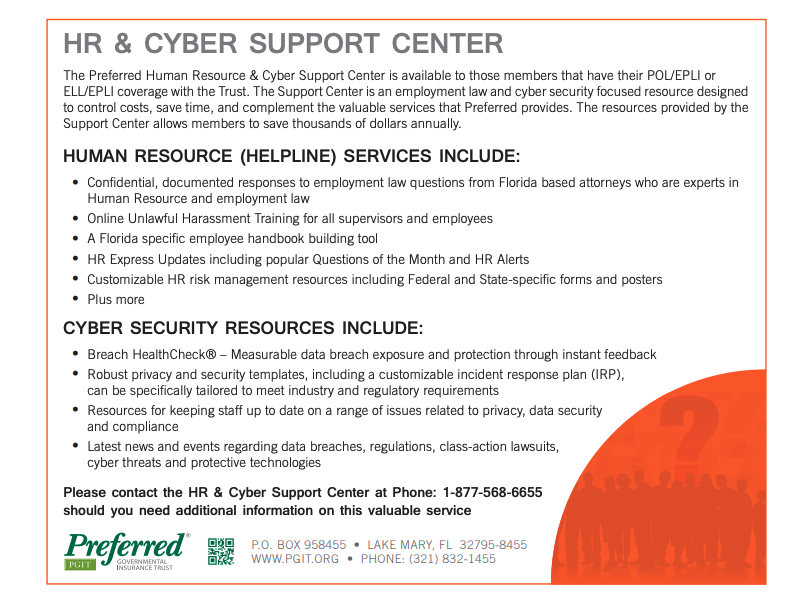By J. David Marsey, Esquire - Rumberger, Kirk & Caldwell

Florida’s controversial Stand Your Ground law has been criticized by both its proponents and opponents. Proponents argued it did not go far enough to provide immunity to those who use or threaten to use force in self-defense and opponents argued it went too far in providing a safe-harbor to use force without criminal or civil ramifications.
Effective June 9, 2017, the proponents scored a big win with the implementation of statutory revisions which will arguably make the prosecution of those claiming self-defense more difficult.
Section 776.032 provides for criminal and civil immunity for those who justifiably use or threaten to use force in self-defense. Florida’s law enforcement officers are tasked not only with determining if there was probable cause for arrest based on the use of force, but also to determine if the force used was unlawful. Therefore, law enforcement officers must conduct a more thorough investigation and analysis to determine not only if force was used, but the nature and character of that force. Florida’s officers cannot “leave it to the courts” to figure out. Prior to the 2017 revision, a defendant was required to prove by a preponderance of evidence that he or she was entitled to immunity. Stated another way, one being charged in a force incident had to prove that the force used was lawful, and therefore rendered the conduct immune from prosecution.
In stark contrast, the 2017 revision now requires that a criminal defendant charged with using force merely establish a prima facie case of self-defense in a pre-trial immunity hearing. Essentially, this very low burden is met when a criminal defendant establishes a colorable argument that the force threatened or used was in selfdefense. Once met, the State is then required to prove by “clear and convincing evidence” that the defendant is not entitled to immunity. The “clear and convincing evidence” standard lies squarely between the preponderance of evidence standard – more likely than not – and proof beyond a reasonable doubt. Florida courts have defined this intermediate level of proof as requiring credible evidence, witness memories that are clear and without confusion, and where the sum of the evidence must be sufficient to convince the court “without hesitancy.”
Essentially, the revised statute creates a rebuttable presumption of immunity that can be overcome by clear evidence to the contrary.
The benefits of this reduced burden are clear to the law abiding citizen who uses lawful force in self-defense against felonious assault or robbery. However, the potential negative impact on less-clear situations involving other criminal suspects is evident. Critics of the prior statute, many of which are law enforcement officers and prosecutors, have provided examples of how statutory immunity has benefitted criminal defendants who themselves have been acting improperly. The revised statute does nothing to resolve these criticisms, and may make it more difficult to successfully prosecute offenders in future cases.
Law enforcement executives should consult with their local counsel and immediately implement training on the new Stand Your Ground burden. Immediate review of existing training and procedures should be conducted in an effort to identify deficiencies and provide guidance to sworn staff which should reduce the potential for civil litigation by those whose criminal cases are dismissed under the Stand Your Ground immunity provisions. These efforts should be part of a comprehensive risk management program to provide sworn staff with training in criminal investigations, report writing, and testifying – the three hallmarks of effective police work.
J. David Marsey is a former police officer, investigator and prosecutor and is a partner at the law firm of Rumberger, Kirk & Caldwell in Tallahassee, Florida. He defends and advises corporations, government entities and their employees on casualty, employment and constitutional issues throughout the state. For more information, please visit www.rumberger.com. 
